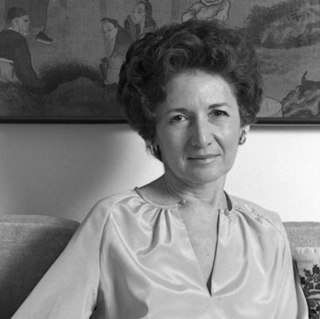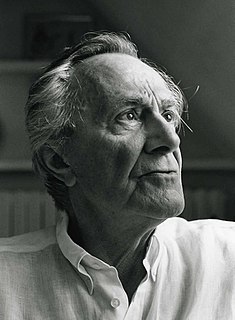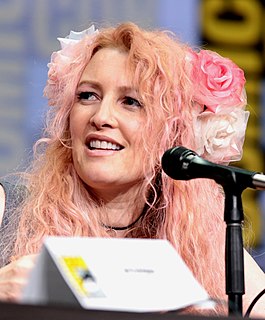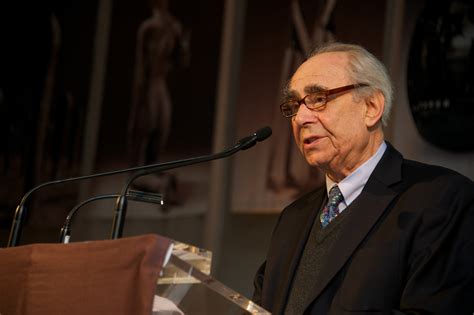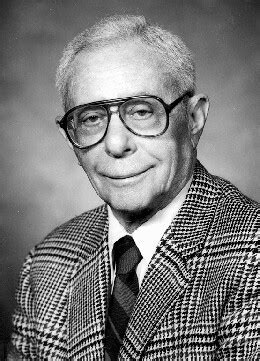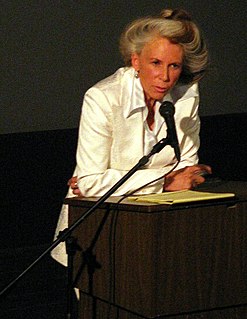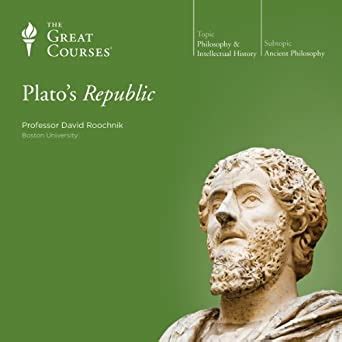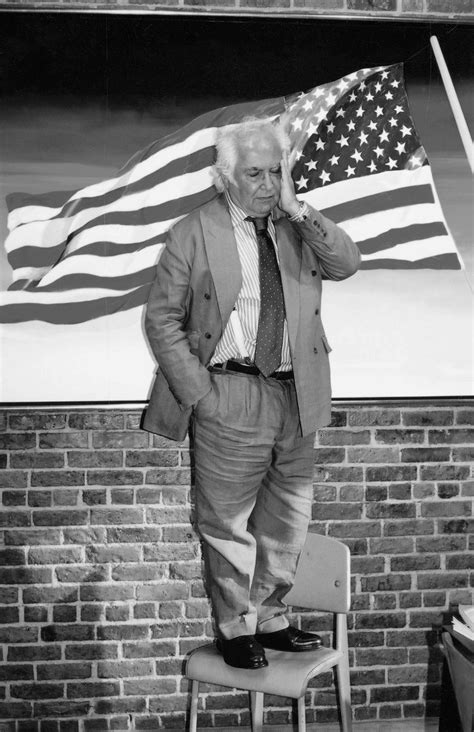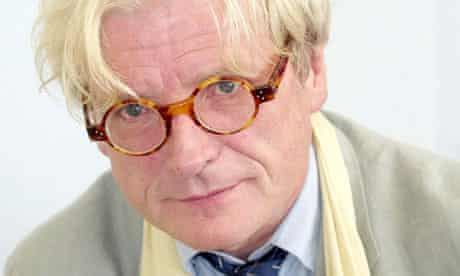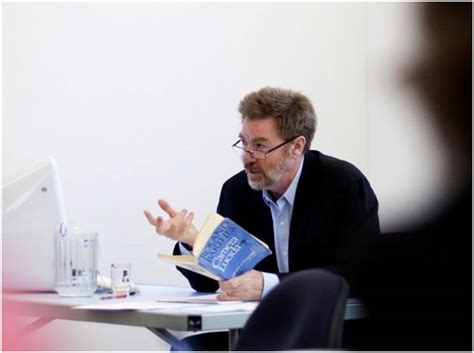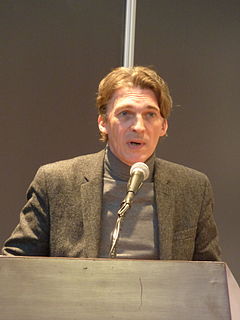Top 59 Postmodernism Quotes & Sayings
Explore popular Postmodernism quotes.
Last updated on November 13, 2024.
The culture of irony is the culture of postmodernism, which I would furiously want to denounce. We have to act ethically and politically. Irony is a defensive position, against reality. It always knows what to think about reality. The idea of commitment and engagement is central to me, which is not ironic.
I think being from Iran sharpened my eye as an art dealer. This is why, today, I think the true definition of so-called postmodernism is the acceptance that we cannot go by old models any longer. The old models were based upon a single narrative of development that happened along a singular path. In the 20th century, you have electricity, you have transportation by plane, you have the telephone and all the various media that developed, you have a multiplicity of events and voices and creativities that are happening all around the world-and that multiplicity escalated after the war.
Postmodernism is, almost by definition, a transitional cusp of social, cultural, economic and ideological history when modernism's high-minded principles and preoccupations have ceased to function, but before they have been replaced with a totally new system of values. It represents a moment of suspension before the batteries are recharged for the new millennium, an acknowledgment that preceding the future is a strange and hybrid interregnum that might be called the last gasp of the past.
To be different is a negative motive, and no creative thought or created thing grows out of a negative impulse. A negative impulse is always frustrating. And to be different means ‘not like this’ and ‘not like that.’ And the ‘not like’—that’s why postmodernism, with the prefix of ‘post,’ couldn’t work. No negative impulse can work, can produce any happy creation. Only a positive one.
I've always felt I had more in common with the modernist approach than with postmodernism, but I can see where the connection might arise - and to be honest, I'm no academic, so I tend to use these words, like in Alice In Wonderland, to mean what I want them to mean rather than what they actually do mean.
The button-down empirical and deductive fields, including all the hard sciences, have lived side by side with 'critical theory,' postmodernism and its perception-based relatives. Since the creation in 1960s and '70s of novel, justice-oriented fields, these incompatible worldviews have repelled one another.
Without a thorough and deeply rooted understanding of the biblical view of truth as revealed, objective, absolute, universal, eternally engaging, antithetical and exclusive, unified and systematic, and as an end in itself, the Christian response to postmodernism will be muted by the surrounding culture or will make illicit compromises with the truth-impoverished spirit of the age. The good news is that truth is still truth, that it provides a backbone for witness and ministry in postmodern times, and that God's truth will never fail.
To the extent that I've ever understood postmodernism - and I'm sure there are people out there who do, but I'm not one of them - one of its distinguishing traits is the story's awareness of its own artifice, and how that awareness becomes part of the story. And if that's right, then I have no idea how I ever got lumped into postmodernism except that I believe, since I was first published, people just haven't quite known where else to put me.
Photography can still be used to champion activism and change. I believe this, even while standing in the cool winds of postmodernism... Postmodernism looked radical, but it wasn't. As a movement it was profoundly liberal and became a victim of itself. Precisely at this historical moment, when multicultural democracy is the order of the day, photography can be used as a powerful weapon toward instituting political and cultural change. I for one will continue to work toward this end.
It is hubris, claim the critics of 'absolutism', to suppose that we could ever even approximate to a true description of how the world anyway is. It is bad faith or 'bullshit', respond 'absolutists', to suppose - as the rhetoric of postmodernism implies - that we could seriously live and act with the thought that truth and value are simply our own projections. An attractive feature of 'ineffabilism', as I see it, is that it evades these accusations.
Altermodern is an in-progress redefinition of modernity in the era of globalisation, stressing the experience of wandering in time, space and mediums. The term 'altermodern has its roots in the idea of 'other-ness (Latin alter = 'other, with English connotation of 'different) and suggests a multitude of possibilities, of alternatives to a single route. It suggests that the historical period defined by postmodernism is coming to an end, symbolised by global financial crises.
Most of my formal choices are a combination of everything I learned about form - semiotics, linguistics, and the history of style experimentations tethered to literary movements (formalism, deconstruction, modernism, and postmodernism), and the basic principal of breaking every rule I ever learned from a patriarchal writing tradition that never included my body or experience, and thus has nothing to offer me in terms of representation.
Postmodernism, the school of 'thought' that proclaimed 'There are no truths, only interpretations' has largely played itself out in absurdity, but it has left behind a generation of academics in the humanities disabled by their distrust of the very idea of truth and their disrespect for evidence, settling for 'conversations' in which nobody is wrong and nothing can be confirmed, only asserted with whatever style you can muster.
Tolerance is not a spiritual gift; it is the distinguishing mark of postmodernism; and sadly, it has permeated the very fiber of Christianity. Why is it that those who have no biblical convictions or theology to govern and direct their actions are tolerated and the standard or truth of God's Word rightly divided and applied is dismissed as extreme opinion or legalism?
Insofar as I think about postmodernism at all, and it doesn't exactly keep me awake at nights, I think of it as something that happens to one, not a style one affects. We're postmoderns because we're not modernists. The modernist writers?Pound, Eliot, Joyce, Stevens, Yeats, Woolf, Williams?spoke with a kind of vatic authority: they were really the last of the Romantics, for whom authorship itself was like being a solitary prophet in the wasteland.
Today [the voice of women] is being heard loud and clear. But I do not read the welcome triumph of feminism, social, economic, and creative, as a brief for postmodernism. The advance, while opening new avenues of expression and liberating deep pools of talent, has not exploded human nature into little pieces. Instead, it has set the stage for a fuller exploration of the universal traits that unite humanity.
